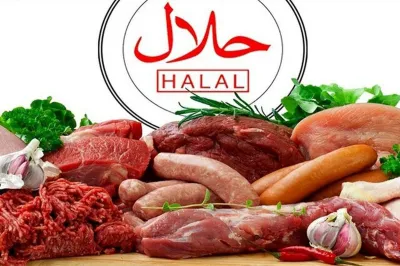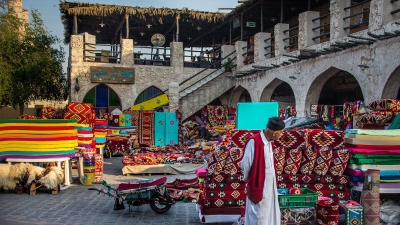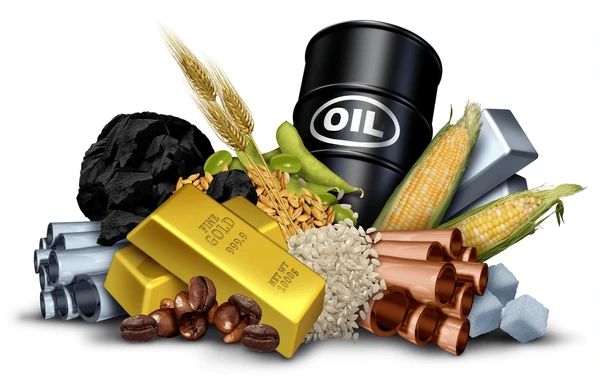


Directory of Tea and coffee suppliers in Qatar
 محمد ابوالحسنی8 months ago
محمد ابوالحسنی8 months ago سبزیجات و میوه و تره بارGranite, Marble, Travertine, Groceries, Canned Foods, Snacks, Spices, Pickles, Vegetables, Fishery, Fruit
سبزیجات و میوه و تره بارGranite, Marble, Travertine, Groceries, Canned Foods, Snacks, Spices, Pickles, Vegetables, Fishery, Fruit Hossein12 months ago
Hossein12 months ago انواع نوشیدنی انرژی زا و بیسکویت و کیک
انواع نوشیدنی انرژی زا و بیسکویت و کیک


